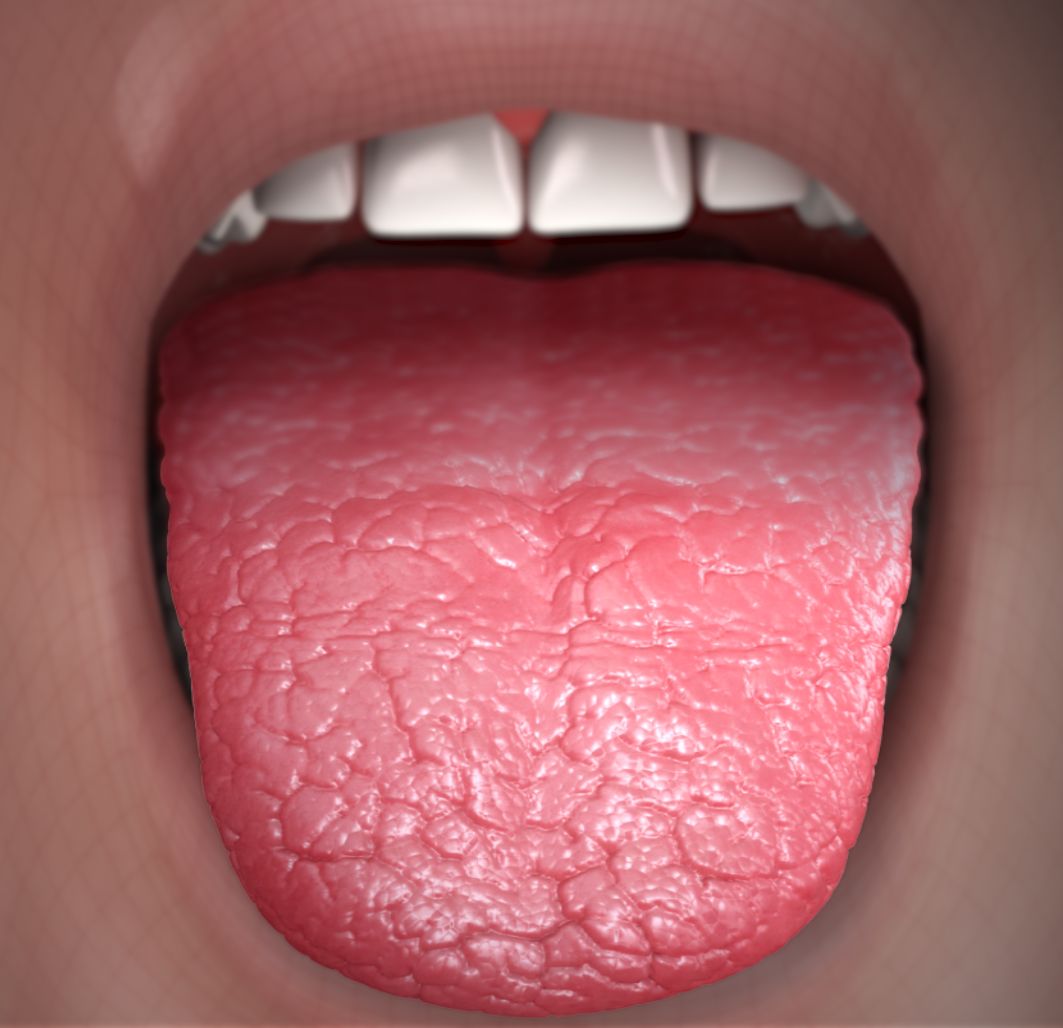The scientific word for “dry mouth” is called xerostomia. It’s a condition characterized by a lack of saliva inthe mouth. Saliva just doesn’t make our mouths wet; it protects our teeth from bacterial attack.
In this issue, we will discuss dry mouth, its causes and treatment.
Saliva acts as a buffer to neutralize acidic foods. If you produce no saliva then the mouth become acidic, causing the acid-loving bacteria to takes advantage. Teeth decay then become rampant and eventual tooth loss.
Dry mouth increases your risk of developing gum disease, tooth decay and mouth infections. Understanding the cause of your dry mouth is the first step in determining treatment options.
- Medications: Certain prescriptions and over-the-counter medications cause dry mouth as a side effect. Medications for many ailments such as anxiety, depression, pain, acne, hypertension, nausea, diarrhea, asthma, obesity, epilepsy, and Parkinson’s disease could cause dry mouth. Even antihistamines and decongestants designed to treat allergies and colds could cause saliva production in your mouth to decrease.
- Cancer Treatments: Certain medical treatments may cause damage to your salivary glands, therebyreduce the amount of saliva production. Cancer treatment, like surgery of the glands, chemotherapy and radiation are a few examples.
- Medical Conditions and some infections: There are several medical conditions that could cause dry mouth. Some patients who suffer from a stroke, hypertension, Parkinson’s disease, mumps, rheumatoid arthritis, anemia, diabetes, cystic fibrosis, HIV/AIDS, and Alzheimer’s disease.
- Dehydration: If you are dehydrated for any reason, from excessive sweating, diarrhea or vomiting, have lost blood or been burned, or you have a fever, could be a side effect.
- Bad Habits: Your daily lifestyle and habits could affect your salivary glands and the moisture within your mouth. Tobacco chewers or smokers (marijuana or cigarette) increase the risk of dry mouth.
- Mouth Breathers and Chronic Mask Wearers: If you have ongoing sinus problems, it’s best to have them addressed by your doctor promptly, especially if you find yourself breathing through your mouth. Also, chronic mask wearers may make matters worse. Inhaling and exhaling through the mouth will dry out your saliva, so focus on breathing through your nose.
- Getting Older: As you age you can add dry mouth to the list of problems that you might experience. This is simply because your salivary glands usually do not work as well as they did when you were younger, and that could leave your mouth feeling dry.
When it comes to treating dry mouth, dentists recommend the following:
- Investigate the underlying conditions that might be causing the dry mouth. With appropriate treatment, the causes can effectively be managed or cured.
- Speak to your dentist about your concerns. To manage tooth decay, you may be recommended to brush your teeth with a fluoride toothpaste more than twice a day.
- You can also take steps to increase the flow of saliva to get much-needed relief. You might have to use an over-the-counter spray or rinse that acts as an artificial saliva to moisten the mouth.
- Stop the consumption of caffeine and alcohol. Both of these are diuretics, which means they stimulate the release of water through your kidneys.
- Use the non-alcohol mouthwashes. Stick with those that contain ingredients, such as xylitol, that will help reduce dry mouth.
If your dry mouth is a side effect of a medication or treatment that your doctor has prescribed, talk to themabout your options, as you might be able to switch to something that won’t decrease your saliva production.
Dry mouth is common yet can be managed.
The key is to determine the cause and address it. In this way you can enjoy a healthy dentition as well as a healthy overall health.
Dr. Kendal V. O. Major is Founder and CEO of Center for Specialized Dentistry which is a comprehensive family dental practice operating in Nassau and Freeport. He is the first Bahamian Specialist in gum diseases and dental implants since 1989. He also is a certified Fast braces provider. His practice is located at 89 Collins Avenue, Nassau at (242)325-5165 or [email protected].

Three pairs of major salivary glands- Parotid, Sublingual and Submandibular

Xerostomia- Dry Mouth. The Tongue’s response





